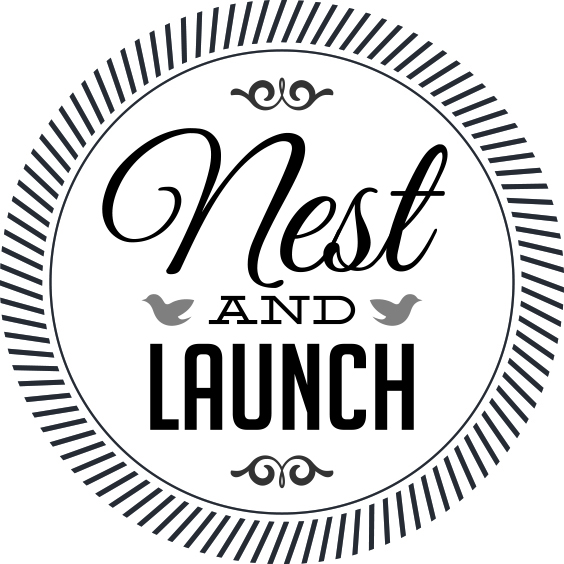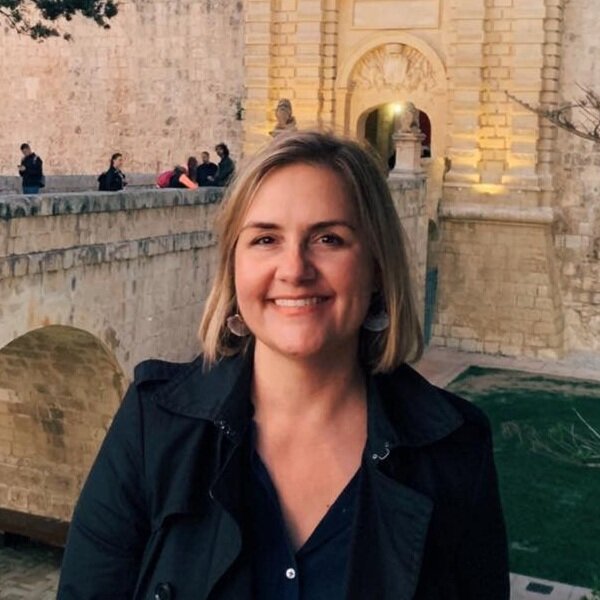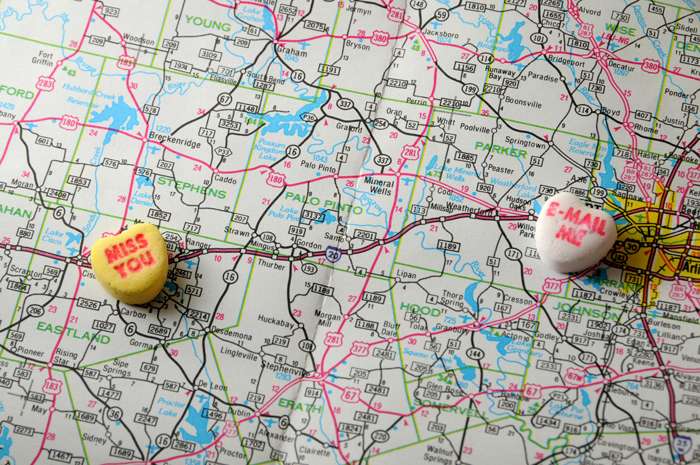A few good gems
/Here are some interesting things we gathered up from the nether regions of the internet for some good reading this weekend:
Painting by Ellen Thesleff. I love this. Is she singing? Calling her kids in from a hike? Found via Pinterest.
- May I just pause here and give thanks for the gentle reminder that Pinterest gives me when I try to pin something I've already pinned and saved? (For instance, this painting, above.) I must be reaching my Pinterest (and brain) saturation point because it happens more often than I'd like to admit. Next I'd like them to have a little pop-up window that asks skeptically "are you really thinking about doing/making/baking this one? Really?"
- The essay "Our Soft Stomach, Our Broad Back: Notes to My Mother" illustrates the ways mothers can influence daughters on issues of body image and weight as a young woman celebrates her mother for what her body does and can do. A sampling: "I noticed things during those summers, but not what you suspected. I never thought twice about your soft stomach or short waist or any of the other grievances I sometimes caught you muttering about in front of the mirror or with friends. I noticed the way your strong, freckled arms flexed when you weeded the front lawn, and the way your shapely legs sliced through the water when you started taking swimming lessons in the shallow end of the town pool."
- The decline and fall of the English major. (Gulp. Say it ain't so! English majors are my people, my tribe. Sadly, we might be an endangered species.)
- Every once in a while my computer desktop needs some sprucing up. I just reorganized the mess of files and folders this week and treated myself to a new desktop image to celebrate. The Desktop Wallpaper Project has a lot of fun options; my favorite right now is this motivating one by Dave Foster.
- Speaking of motivating, I thought this advice from Karen Cheng (found via Explore) hit the mark: "Yo-Yo Ma's first instrument wasn't cello. He actually started with violin--and he wasn't good at it. So he quite violin and picked up the cello instead. Maybe you're like Yo-Yo Ma, and you just haven't found your cello yet."


























